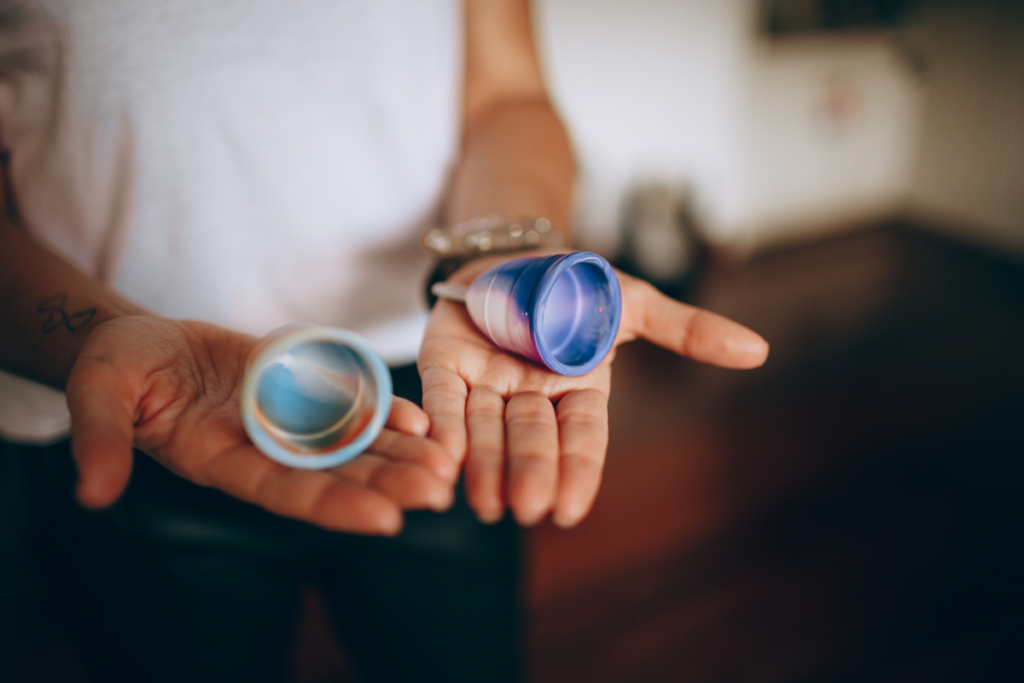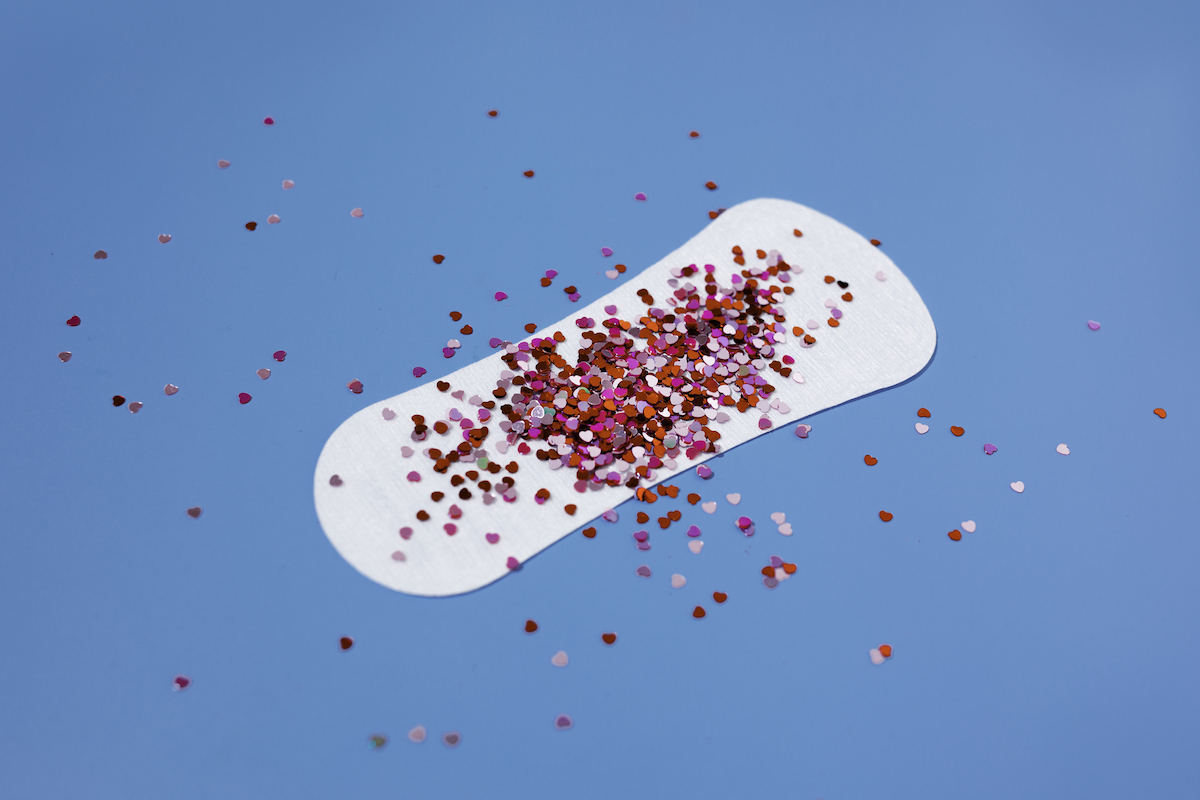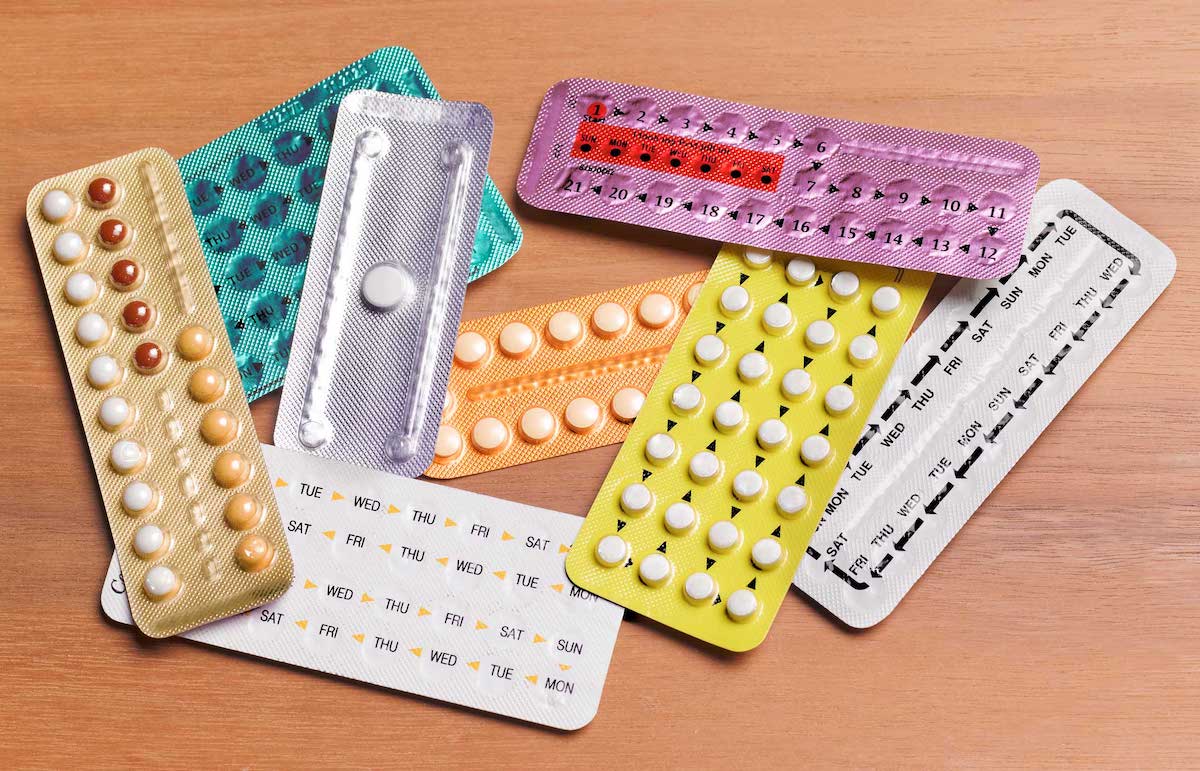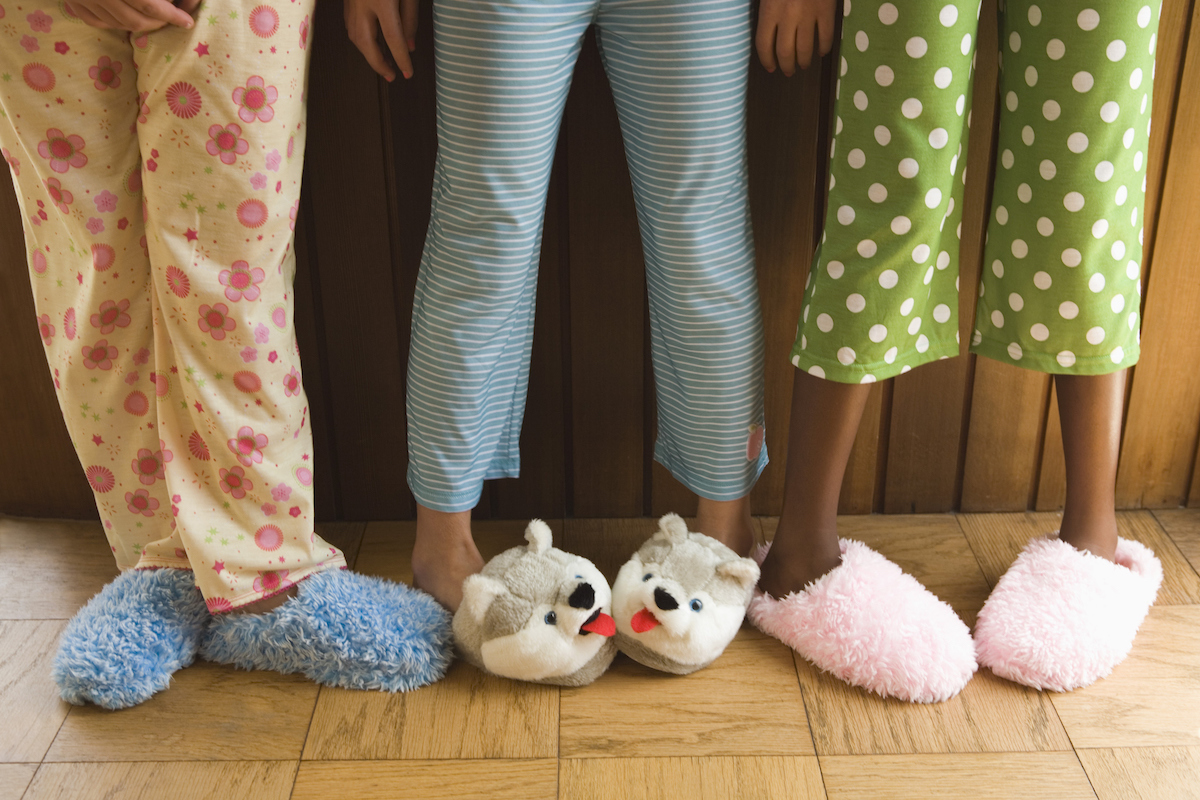When I got my first period (morning after the first dance in 7th grade, which is pretty perfect), my mom provided me with some pads and, shortly after that, tampons. As in all things puberty, my mom’s approach was pretty much to just provide whatever she was using. We are all economists: this was efficient, and saved on having to stock multiple items.
This is how I ended up as the only 13-year-old in America using Ban deodorant and OB tampons. For the uninitiated, OB tampons have no applicator, which was … an experience. It was only several years later that I learned about applicator tampons and thought some version of That could have been easier.
Thirty years ago, pads and tampons were the entire period protection game. No more. The menstrual protection landscape has changed significantly in ways that are exciting but also sometimes confusing. Are period underwear the greatest invention ever, or some kind of dangerous chemical delivery system? Is a menstrual cup awesome, or is it some kind of difficult-to-use device that might dislodge your IUD? These questions matter for us as adults, and they also matter for those of us thinking about how to advise our children. Should I be handing over OB tampons, or has that ship sailed?
Today, ParentData gives you the rundown on the menstrual technology options — what they are, whether there are concerns, and what the data says. I’m not going to take a stand on the best menstrual technology! That’s for you and your vagina to decide.
Pads
(Yes, I know you don’t need a primer, but I like to be complete.)
What are they? Absorbent plastic- or fiber-based products that stick into your underwear and collect menstrual blood.
Leakage potential? Possible. Depending on the amount of blood, the position of the pad, how you’re sitting, etc.
What are the concerns and are they grounded in anything? Menstrual pads produce a lot of waste and they can be uncomfortable. There are no significant health concerns.
Tampons
What are they? Absorbent cotton-based cylinders that are inserted in the vagina, either with an applicator or without, where they collect blood. They are changed every four to six hours.
Leakage potential? Possible. If pushed past their absorbency capacity, tampons stop collecting blood, and you’ll get leakage.
What are the concerns and are they grounded in anything? Like pads, tampons raise concerns about waste. The primary health concern with tampon usage is toxic shock syndrome (TSS), which is a serious — potentially fatal — illness caused by bacterial growth. TSS has multiple causes, but in the late 1970s it was recognized as linked with tampon use.
Though very scary, TSS is rare. There were about 5,300 cases reported between 1979 and 1996. Incidence has declined over time, likely following the removal of some super-absorbent tampons from the market. More recent studies have shown that wearing a single tampon for longer than six hours or overnight is linked with TSS, suggesting that restricting usage to shorter periods is protective.
Menstrual cup
[Author’s note: I admit to having a soft spot for the menstrual cup. Back in graduate school, I did an experiment in Nepal involving menstrual cups and schooling. I got to hand a menstrual cup around at seminars, which was a highlight of my seminar-giving career and one of my best Vagina Economist stories.]
What is this? A menstrual cup is a small, flexible silicone cup that is inserted in the vagina to collect blood. It’s removed, emptied, and reinserted about every 12 hours. A single cup can hold the volume of four normal tampons, so there’s more flexibility in timing.
These cups come in varying sizes — usually women post-childbirth need a larger size and teen girls need a smaller size. There are a variety of companies producing them,. including Diva and Saalt.
Leakage potential? Possible, but studies suggest perhaps lower than pads or tampons. These studies are not large or especially well-designed, so I wouldn’t hang too much on them, but the situation certainly doesn’t look worse. It’s worth saying that when you take out a menstrual cup, you do need to empty it, and spillage can occur.
What are the concerns and are they grounded in anything? With menstrual cups, there is a learning curve in usage. To insert the cup, you have to fold it correctly (in fourths) and then allow it to open once in the vagina. It’s not complicated once you figure it out, but it takes a few tries. (My second menstrual cup research paper was about how girls were more likely to use the cups if their friends also had them, suggesting you can also learn from others.)
A meta-analysis of studies about menstrual cups — in both developing and developed countries — finds they are generally safe and well-tolerated. They aren’t associated with infection or change in vaginal flora, or with injury. A particular concern that is sometimes raised is the possibility that when the cup is removed, it might dislodge an IUD. This possibility was raised after a small number of case reports. However: a larger study suggested no systematic difference in the risk of IUD expulsion for use of menstrual cups versus other forms of protection. My read of the data is that this isn’t a significant concern.
There are also, it should be noted, some important advantages relative to tampons. The risk of TSS is lower, and they can be used for longer. They are reusable, meaning they do not produce as much waste, and the overall cost is considerably lower if you amortize over the life of the cup.
Period underwear
What is this? They’re underwear; they look like normal underwear, but they absorb menstrual blood. You wash them and reuse. Most of the products in this space (Thinx, Saalt) advertise the collection of four to five tampons’ worth of blood. The idea is you’d wear them all day or overnight without a need to change. These come in a variety of styles, from boyshorts to thongs (the thongs have less absorbency.)
Wirecutter, which is often my go-to for product advice, has a large set of reviews that are worth reading if you’re looking in this space and want to know, for example, which of them are “period-sex-worthy.”
Leakage potential? These can fill and leak (see Wirecutter for details), more so with smaller pairs. User data is encouraging, but I was unable to find any peer-reviewed studies that discussed relative leakage.
What are the concerns and are they grounded in anything? There was a concern raised about PFAS chemicals in period underwear. These chemicals are used in many manufacturing processes, and there are concerns that they are endocrine-disrupting. As I’ve written about before, the data on the risks of PFAS chemicals is not ironclad or especially well-understood. Most manufacturers of these products have committed to eliminating or limiting their presence in these products. Combining these things — and reflecting on all of the other PFAS exposures in our lives — it doesn’t seem like a data-supported reason to avoid these.
Advantages here: reusable, do not produce waste (although they do need to be laundered), easy to use. These products are expensive, although, like the cup, on an amortized basis they seem like a better deal.
Final note: Do I need my period?
Women’s bodies have evolved to cycle regularly every 21 to 35 days. A monthly period is a sign that our hormonal system is functioning normally. Outside of pregnancy, breastfeeding, and hormonal contraception use, irregular or absent periods are often a symptom of a health problem. Over time, absent periods can contribute to an increased risk for osteoporosis and endometrial cancer. If your periods are not regular, your doctor can do blood work and other tests to figure out why.
However, hormonal contraceptives, including birth control pills, patches, and rings; progestin-releasing IUDs — Mirena and Kyleena are two brands — Depo-Provera injections; and contraceptive implants like Nexplanon can all change how often women have bleeding and how much bleeding they have. It is completely safe to skip periods or to not have a period at all while using these types of contraceptives. And in fact, for women with certain medical problems, like anemia or endometriosis, not having periods or having them less frequently can be beneficial.
For at least some of us, this is worth adding to our option list. And whatever you decide: have a happy period!
Thanks to endocrinologist Dr. Gillian Goddard for weighing in on the last part; check out her owner’s manual for breasts.


















Log in